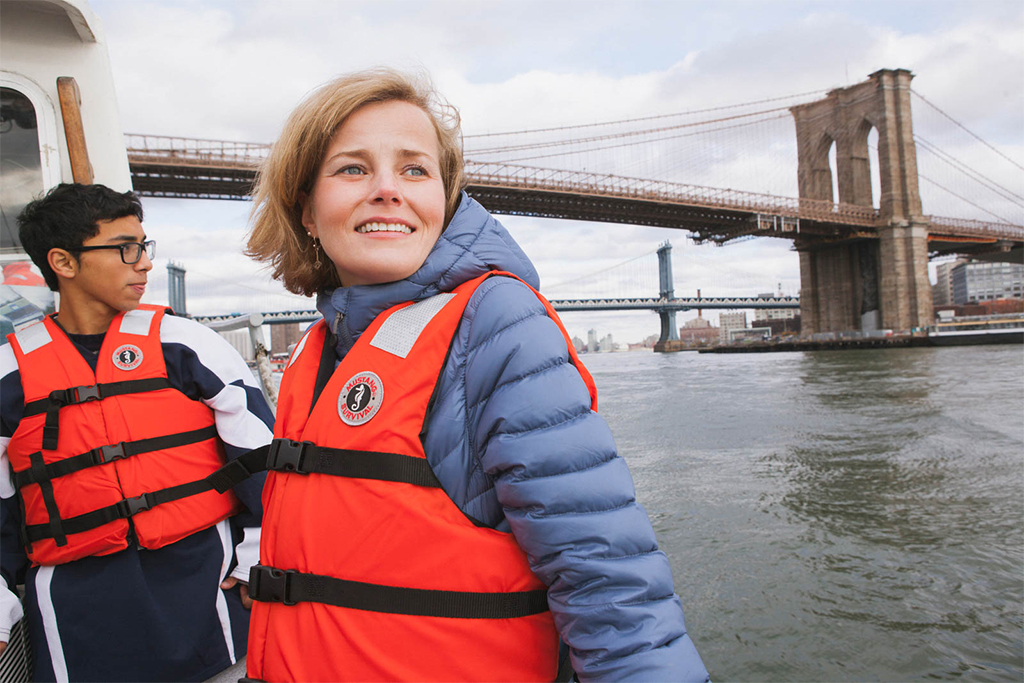
by Coastal Resilience | Sep 21, 2016
New York’s low-lying coastal environment makes the region particularly vulnerable to the impacts of sea level rise. This will only be exacerbated in the face of what are expected to be more frequent and more powerful coastal storms, as recent experiences with Superstorm Sandy and Tropical Storm Irene have shown.
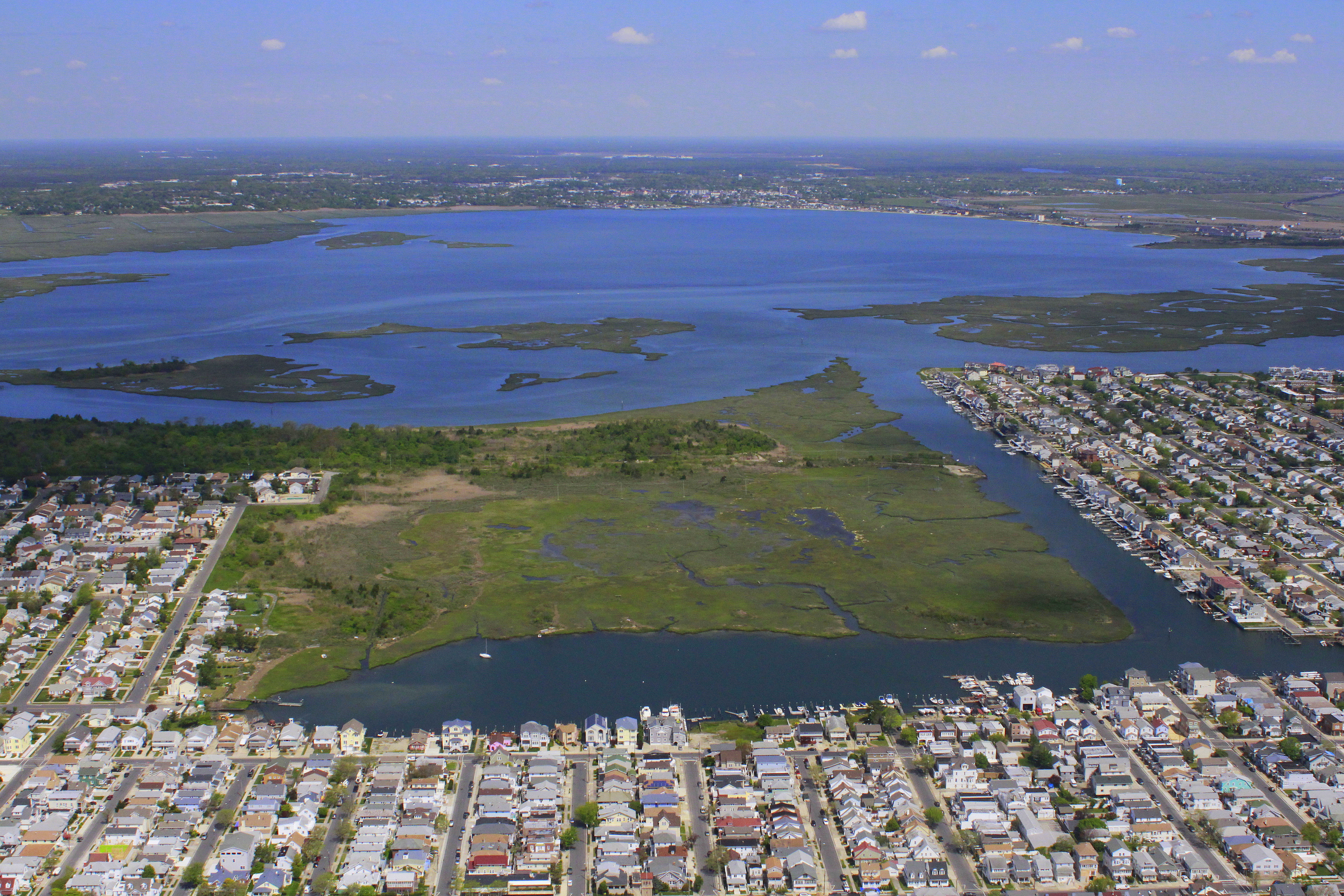
by Coastal Resilience | Sep 21, 2016
The 127 miles of New Jersey coastline along the Atlantic Ocean, Delaware Bay, New York/New Jersey Harbor, and Raritan Bay, are critical places to ensure that the health of habitats is incorporated into community resilience planning.
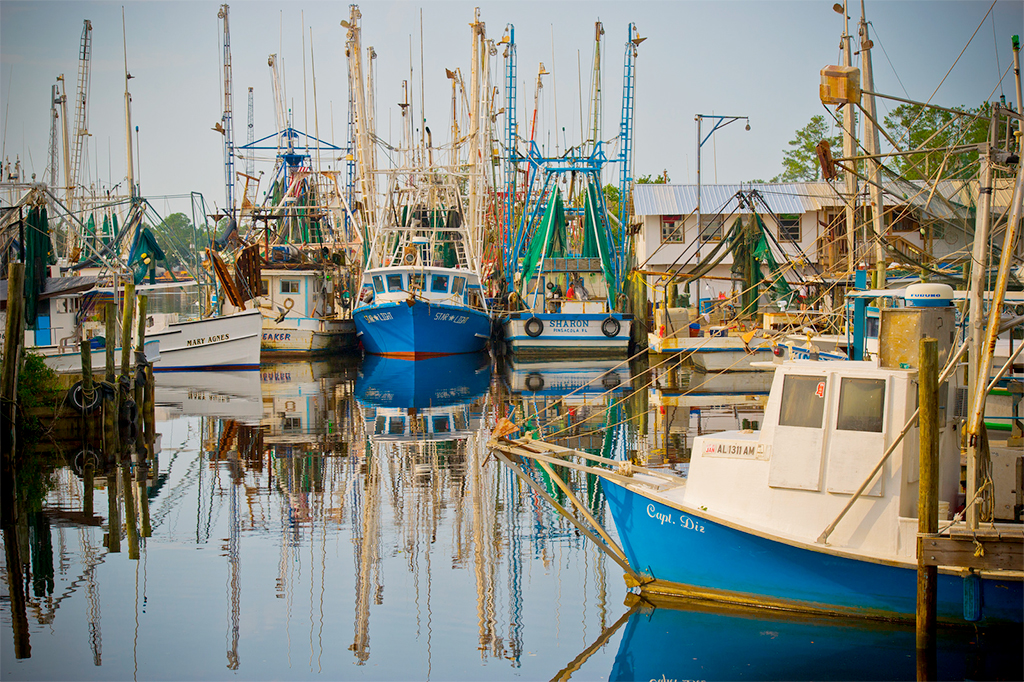
by Coastal Resilience | Sep 21, 2016
The Gulf has seen about half of its coastal habitats vanish during the past century. The region must re-establish the strong, resilient natural communities that for centuries have protected people and wildlife from storms and provided a wealth of fishery production and biodiversity.
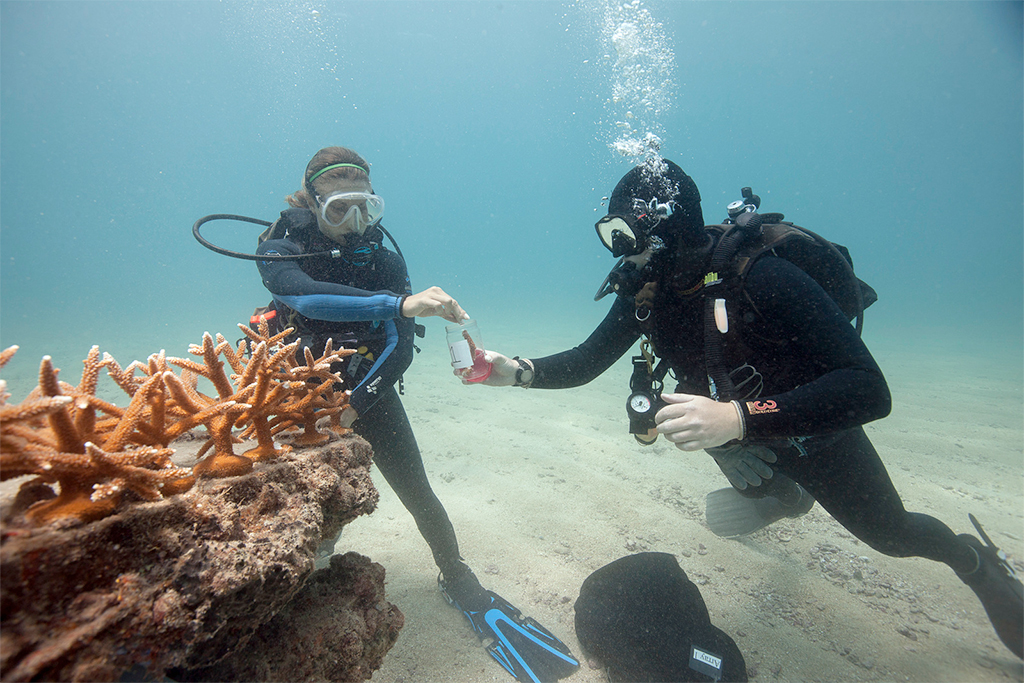
by Coastal Resilience | Sep 21, 2016
From North Carolina down to Florida coastal communities have partnered to build understanding of the roles that natural ecosystems have in regards to coastal resilience and planning.
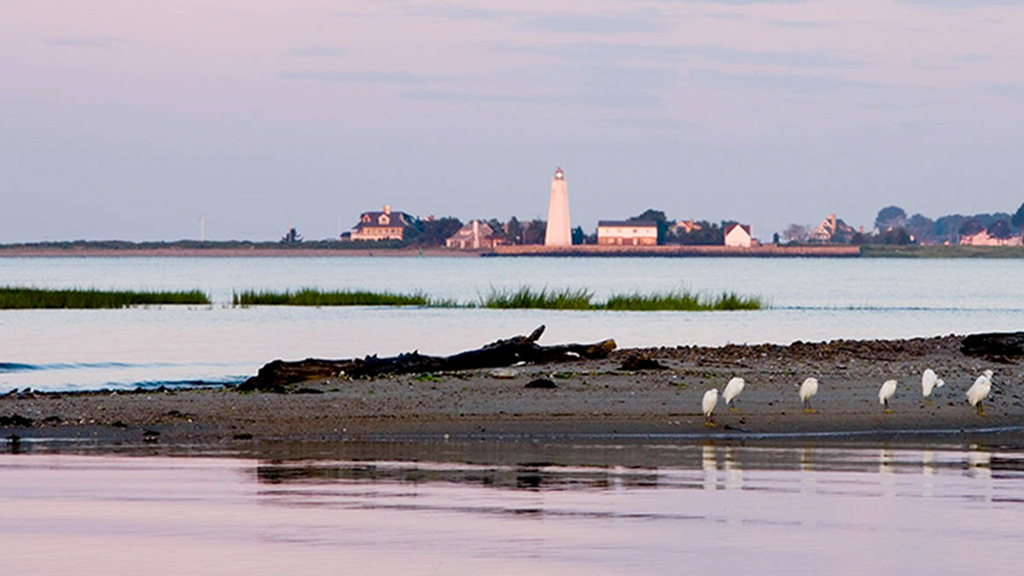
by Coastal Resilience | Sep 20, 2016
The current and future resilience of Connecticut’s coastline and waterways depends on our ability to visualize change, plan wisely for the future, and take action today to avoid future costs to the economy, citizens and environment.





